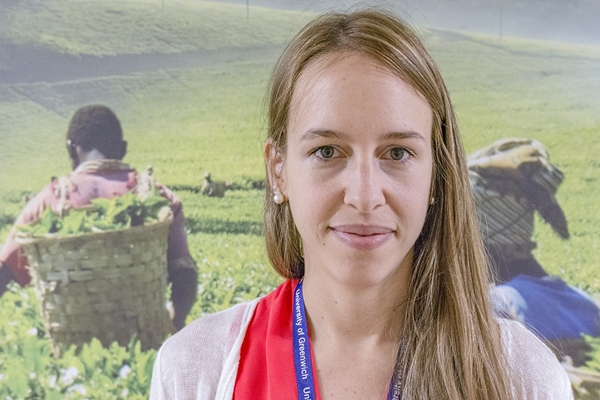Dr Pamela Katic has a first degree in Economics from the Universidad de San Andres (Argentina), a Masters in Environmental and Resource Economics and PhD in Economics from the Australian National University. Her PhD thesis was developed under the ANU-UNESCO Chair in Water Economics & Transboundary Water Governance and it entailed applications of optimal groundwater management in the Guarani Aquifer System in South America. In 2011, she joined the West Africa Office of the International Water Management Institute, a CGIAR institution, as a Postdoctoral Fellow in Economics. In this position and later as a Research Fellow in Economics in the same institution, she gained considerable experience assessing the constraints and opportunities of innovative agricultural investments and policies in developing countries. She joined NRI in August 2017 as a Social Scientist focusing on quantitative socio-economic methods.
Pamela has led and participated in over twenty innovative interdisciplinary research projects and has been active in public forums such as agricultural sector working groups and teams advising the implementation of agricultural, water and food systems research for development programs. Pamela’s research has been translated into high-quality articles in some of the world’s leading water, environmental and economics journals and she has presented her work in a variety of regional and high-profile international conferences. She has also taken an active role in international networks and platforms such as the Food, Water, Energy and Environment network, Future Earth’s Water-Food-Energy Global Project, the Water Justice Hub and the FAO’s Global Hub on Indigenous Peoples’ Food Systems.
Pamela has field experience in numerous African countries and Latin America. She is fluent in Spanish (mother tongue), English, and speaks some French and Portuguese. She has strong analytical skills in the following methods: econometrics; Bayesian models; cost-benefit and cost-effectiveness analysis; policy analysis matrices, SAM/CGE modelling; hydro-economic modelling; dynamic optimisation; and mathematical programming.






